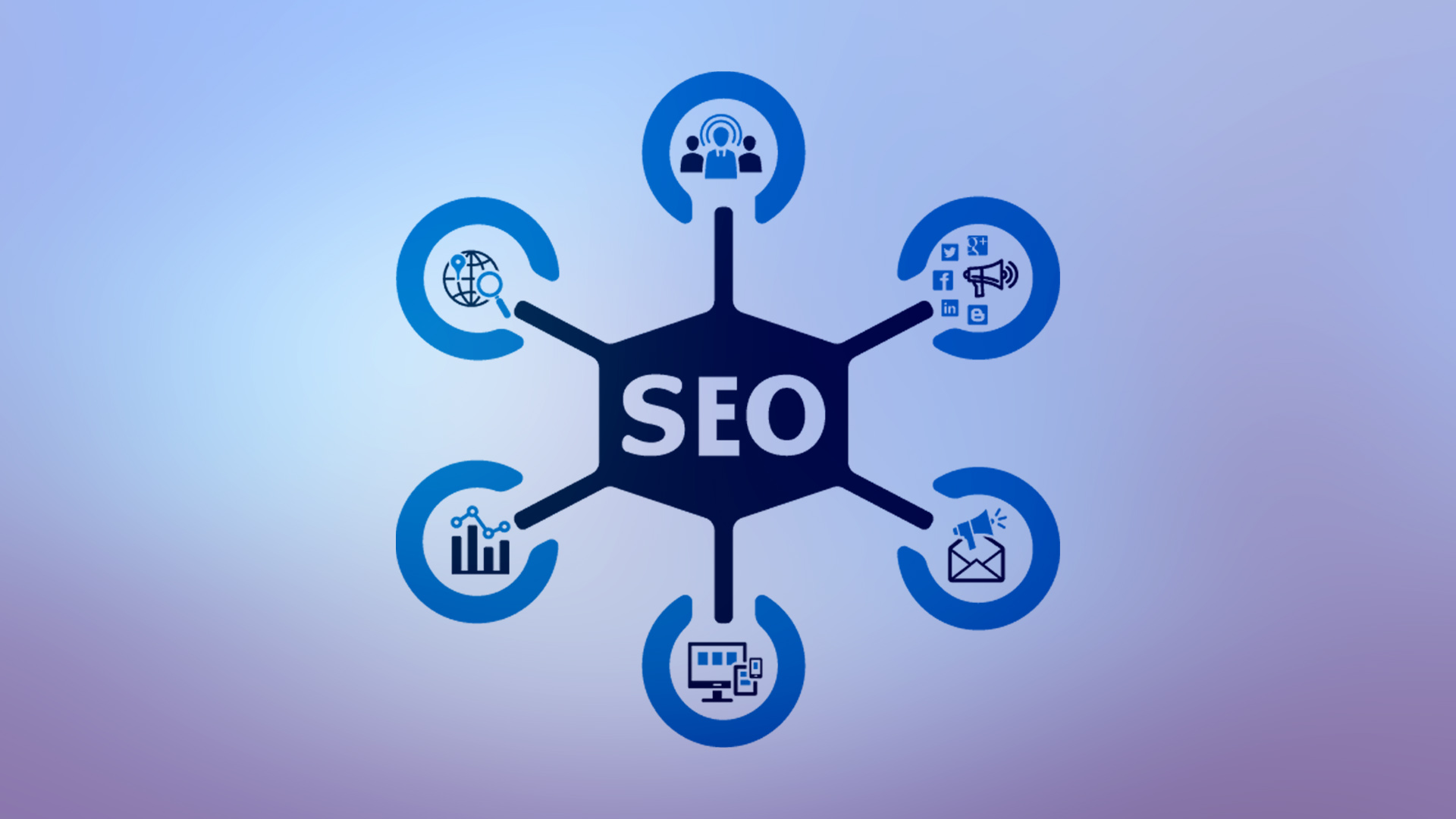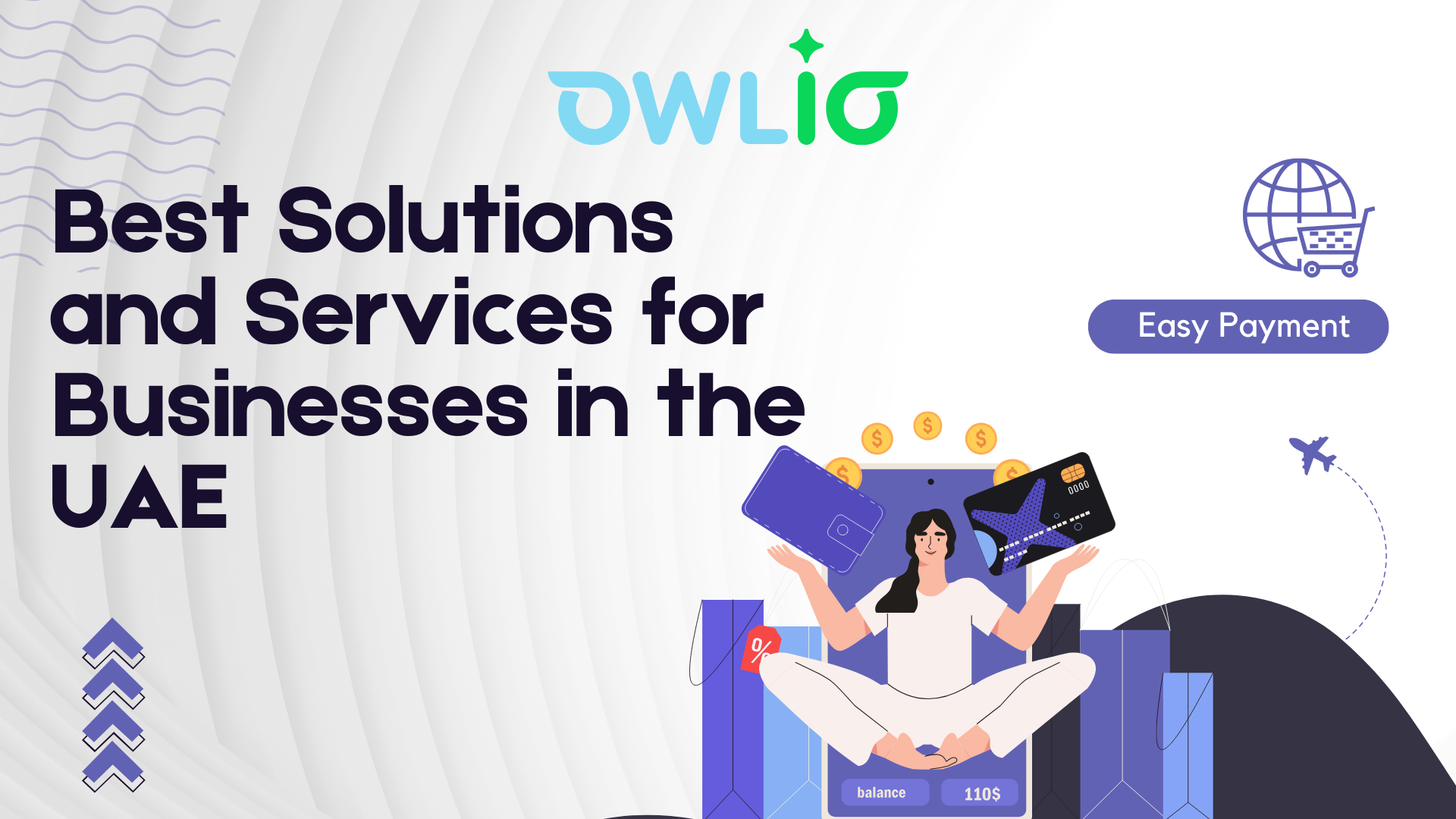The importance of SEO in digital marketing

Search engine optimization (SEO) is the process of improving the quality and quantity of website traffic from search engines. SEO aims to increase the visibility and relevance of a website for the keywords and phrases that potential customers use to search for products or services online. SEO is a vital component of digital marketing, as it can help businesses reach more customers, generate more leads, and increase sales.
What is SEO?
SEO involves various techniques and strategies to optimize a website for search engines, such as:
- Keyword research: finding and selecting the most relevant and effective keywords for the website’s content and target audience.
- Content creation: producing high-quality, original, and engaging content that matches the keywords and provides value to the readers.
- On-page optimization: applying the best practices for the website’s structure, design, navigation, meta tags, headings, images, links, and other elements to make them user-friendly and search engine-friendly.
- Off-page optimization: building the website’s authority and reputation by acquiring links, mentions, reviews, and other signals from other websites and online platforms.
- Technical SEO: ensuring the website’s performance, speed, security, mobile-friendliness, and crawlability for search engines and users.
Why is SEO important for businesses?
SEO is important for businesses because it can help them achieve various e-marketing goals, such as:
- Increasing brand awareness: SEO can help businesses increase their exposure and recognition among potential customers who are searching for their products or services online.
- Driving organic traffic: SEO can help businesses attract more visitors to their website from search engines, without paying for advertising.
- Improving conversion rates: SEO can help businesses convert more visitors into customers by providing them with relevant, useful, and persuasive content that matches their search intent and needs.
- Enhancing customer loyalty: SEO can help businesses retain and satisfy their customers by providing them with consistent, updated, and personalized content that meets their expectations and preferences.
- Gaining competitive advantage: SEO can help businesses stand out from their competitors by offering them a unique value proposition and superior user experience.
What is content marketing? How is it related to SEO?
Content marketing is a form of digital marketing that involves creating and distributing valuable, relevant, and engaging content to attract and retain a clearly defined audience and drive profitable customer action. Content marketing can include various types of content, such as blog posts, articles, videos, podcasts, infographics, eBooks, webinars, case studies, testimonials, and more.
Content marketing is closely related to SEO, as they both aim to provide the best content for the target audience and the search engines. Content marketing can support SEO by:
- Providing keyword-rich and informative content that matches the search queries and interests of the potential customers.
- Enhancing the website’s authority and credibility by showcasing the business’s expertise, experience, and reputation in the industry.
- Encouraging social sharing and viral marketing by creating content that is entertaining, educational, inspirational, or emotional.
- Generating natural and quality backlinks by creating content that is valuable, original, and worthy of being linked to by other websites and online platforms.
How does SEO contribute to reducing e-marketing costs?
SEO can contribute to reducing digital marketing costs by:
- Reducing the need for paid advertising: SEO can help businesses achieve organic and sustainable results from search engines, without relying on paid ads that can be expensive and temporary.
- Increasing the return on investment (ROI): SEO can help businesses measure and optimize the performance and effectiveness of their digital marketing campaigns, by using various metrics and tools to track and analyze the traffic, conversions, and revenue generated by their website.
Improving the customer lifetime value (CLV): SEO can help businesses increase the loyalty and retention of their customers, by providing them with long-term value and satisfaction through their website content and user experience.
















Send Us A Message